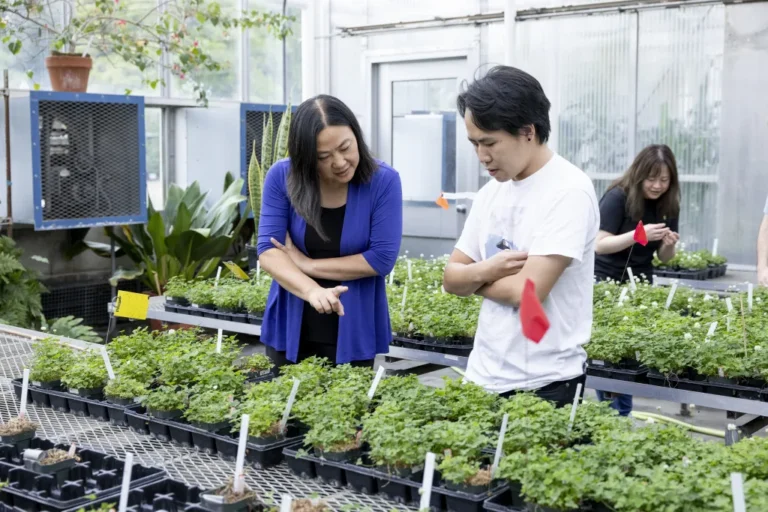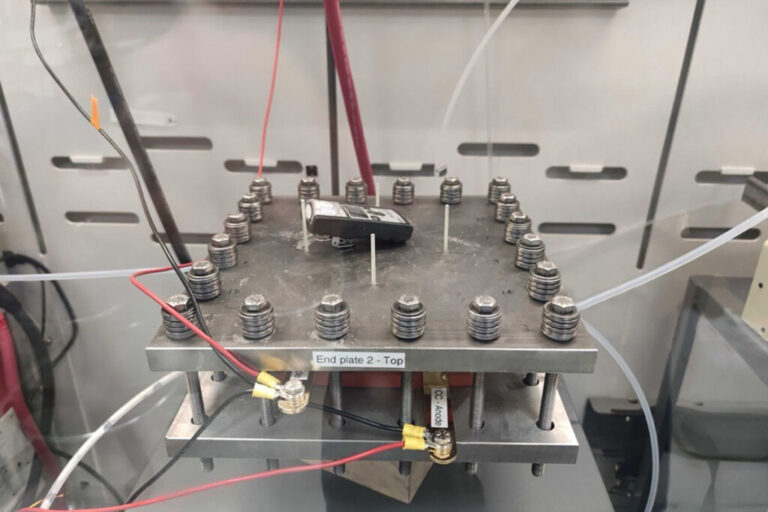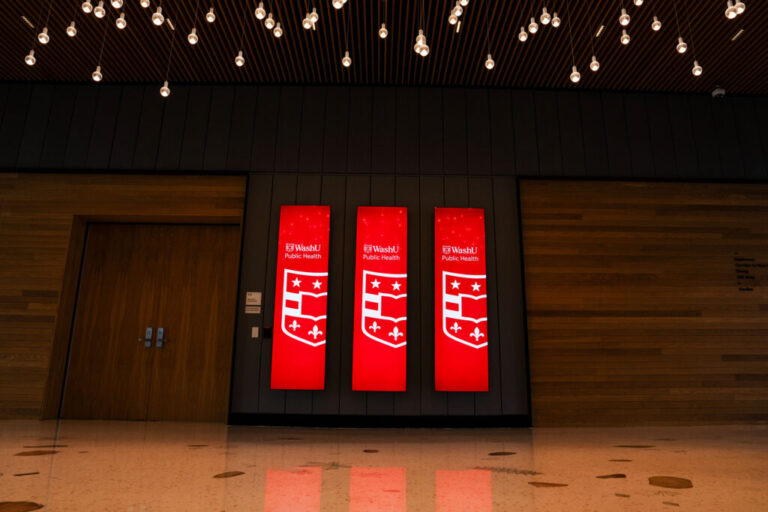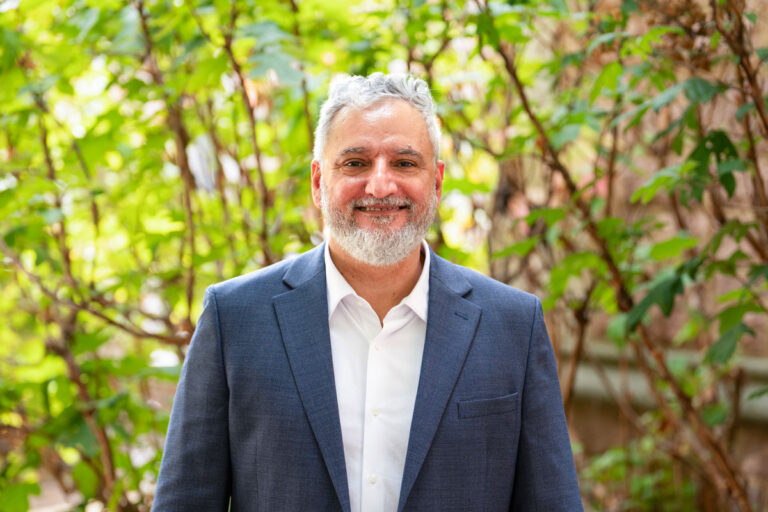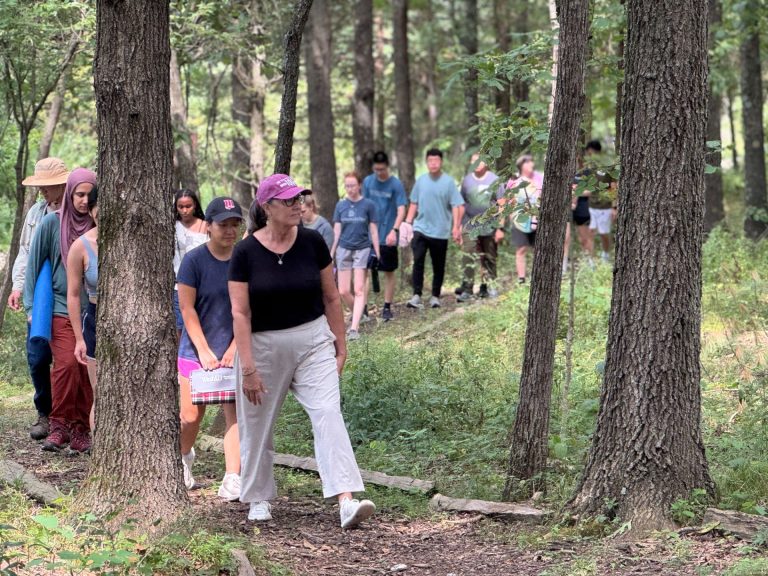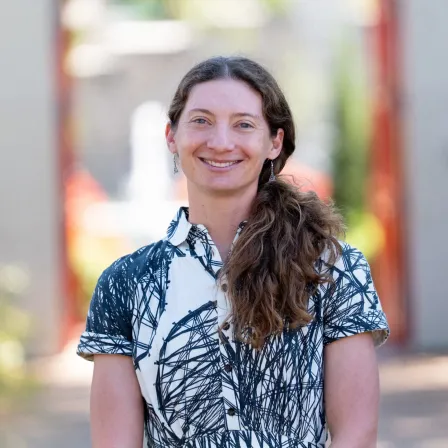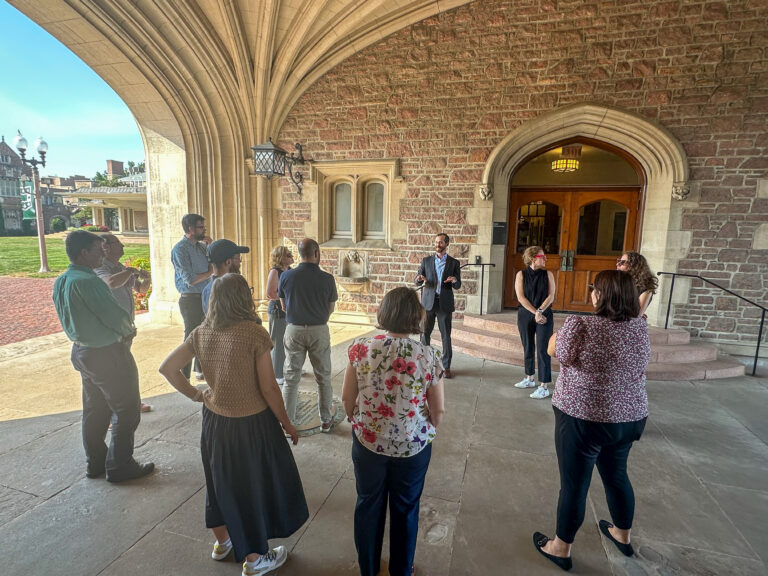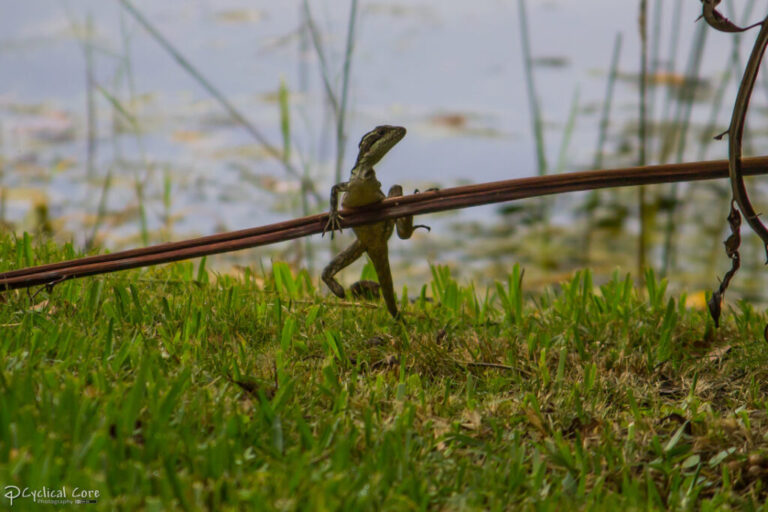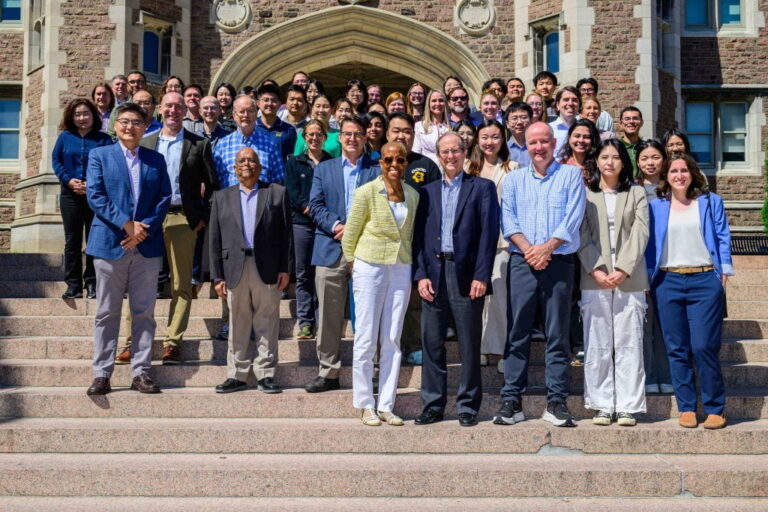Zhong wins several major research grants
New federal funding will advance the biologist’s pioneering research on plant epigenetics.
Inexpensive materials transform waste carbon into energy-rich compounds
Jiao’s lab provides alternative to boost compatibility with renewable energy
WashU Public Health faculty named to world’s most-cited scientists list
Several WashU Public Health faculty members have been named among the top 2% most influential scientists worldwide
Public Health People: A conversation with Professor Rodrigo Reis
With expertise in how environments affect people’s active lives, Reis leads WashU’s People, Health & Place Unit
Can we make drinking water safer?
This WashU program taps into a simple solution using household water filters to monitor and track safety.
SPARK ignites sustainability leadership for students
In August, the WashU Office of Sustainability kicked off an academic year of student-driven environmental change with its SPARK leadership program.
The Living Earth Collaborative connects the dots to build a greener St. Louis
Through transdisciplinary collaboration, the organization’s three working groups are redefining the region’s relationship with nature.
ACCESS was a success for WashU Center for the Environment
At a time when advancing research is more challenging than ever, seven environmental research centers, institutes and initiatives from across the country came together to keep environmental progress on track.
‘Pirates’ of the Caribbean: The luck and pluck of three-legged lizards
Chance encounter inspired team of biologists to study lizards with missing, reduced limbs
Water Innovation Symposium explores socioeconomic challenges and opportunities in water economy
Annual event brings together faculty, students and industry professionals to discuss water research
